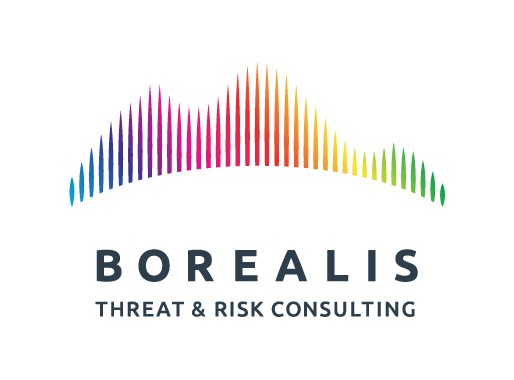Episode 195 – Too many cooks can spoil the intelligence casserole
Intelligence services have a lot of structures in place to ensure that what they do is both effective and safe. This is especially important when it comes to human sources (HUMINT), the use of human beings to collect information on your behalf. If the targets – those on whom you are spying – find out your sources they can turn them against you…or kill them. Who, then, should be responsible for running such programmes? A real intelligence service or a foreign ministry where little training was provided? Borealis talks to two former CSIS intelligence officers about the allegations that Canada’s Global Security Reporting Programme (GSRP) was not playing by the rules.
About my guests
Neil Bisson is currently the Director of Global Intelligence Knowledge Network, Neil Bisson has over 25 years of experience in National Security and Canadian law enforcement environment, he has spent almost two decades with the Canadian Security Intelligence Service and ten years with Canada Border Services Agency as a Border Service Officer. During his career with the Canadian Federal government, Mr. Bisson worked both domestically and internationally. He has trained for, travelled to, and worked in, dangerous and denied operating environments, all while maintaining cover and security during his performance in high level operational activities.
Al Treddenick is the President and CEO of ATNOH Group, a global Public Safety and Security consulting company based in Canada. Prior to this position, Al was the Director of BlackBerry’s Government Relations team leading the company’s strategic relationships with law enforcement, intelligence, and security agencies around the globe. Al retired from Canadian Government service after 32 years with the Canadian Security Intelligence Service (CSIS) and Royal Canadian Mounted Police (RCMP). While with CSIS, Al was a senior operations officer leading both domestic and foreign Counter Terrorism HUMINT collection programs.
Canadian Intelligence Eh
In a world of multiple voices and opinions it can be very hard to know where to turn. One choice is to look to those who actually worked in counter-terrorism in the national security world. In these half-hour podcasts, 30-year Canadian intelligence veteran Phil Gurski is joined by a fascinating array of individuals with something meaningful to say about these issues as they provide insight into what they mean and what we need to do about them.
About Phil Gurski
Phil Gurski is the President and CEO of Borealis Threat and Risk Consulting Ltd. and Distinguished Fellow in National Security at the University of Ottawa’s Professional Development Institute (PDI). He worked as a senior strategic analyst at CSIS (Canadian Security Intelligence Service) from 2001-2015, specialising in violent Islamist-inspired homegrown terrorism and radicalisation. He is the author of six books on terrorism, including the most recent The Peaceable Kingdom: A history of terrorism in Canada from Confederation to the present.

